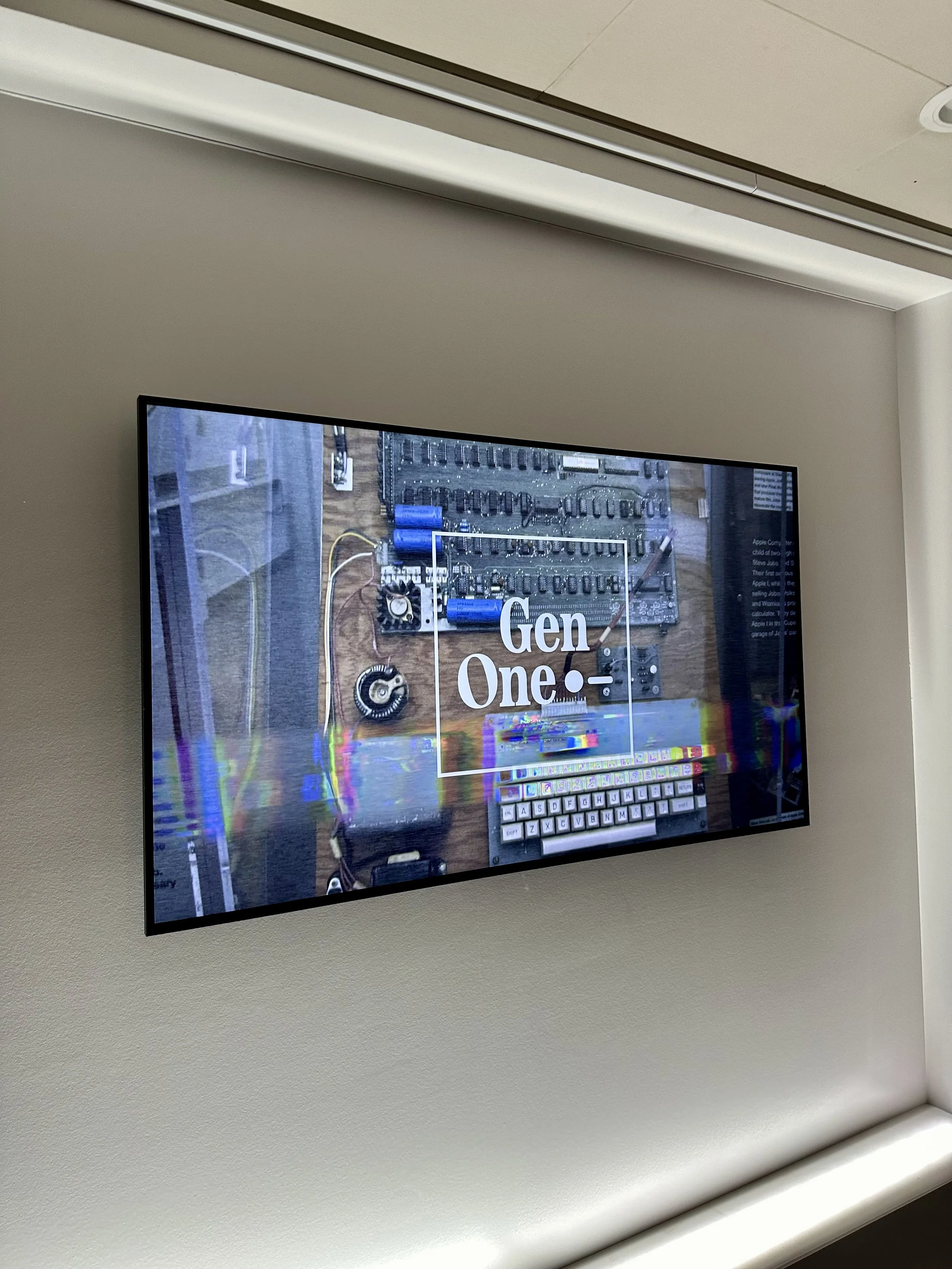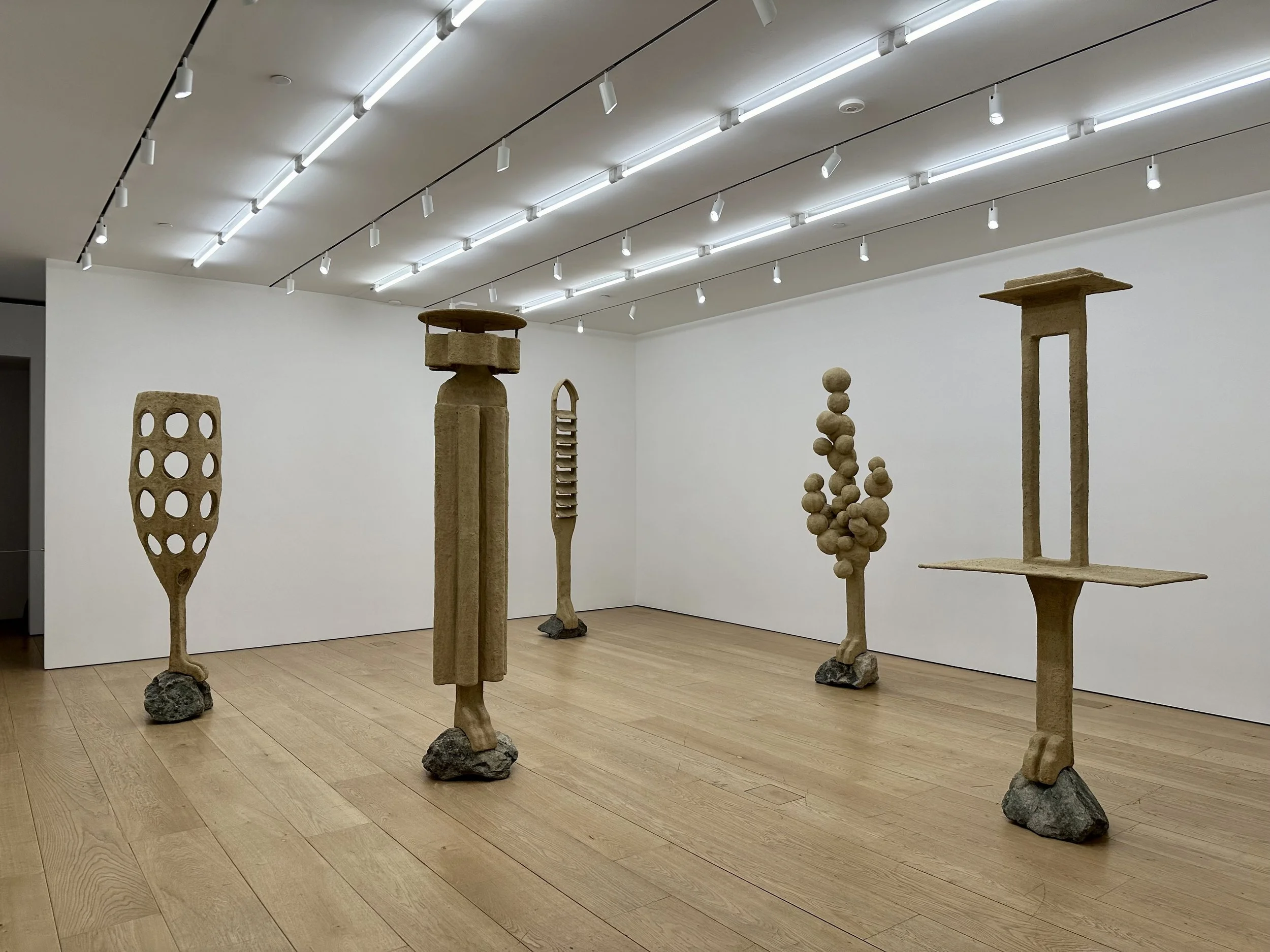Albert Einstein: Undercover Genius Squared
It’s easy to call him a genius after being taught his legacy, but most, including his parents, deemed him a lost cause. Dr. Albert Einstein had a knack for math since he was young, but he couldn’t talk until he was 2 years-old. He was the only student at University to graduate without a job, with an unaccepted thesis, no references, and was nearly at the bottom of his class. He was unpopular with many of the professors because they thought his ideas were too combative and they did not particularly like his attitude.
“Einstein was a baby-daddy”
The Holy Grail of science is being an accomplished academic. Einstein failed several attempts at getting hired at a University, even with a letter from his father to a professor. His first published paper was a flop, unimpressive to physics peeps- it equaled a low impact factor by today’s academic publishing standards- and did not help him land satisfactory employment. Albert accepted tutoring positions until he finally got a job as a clerk at a patent office with the help of his friend. He was out of a job for about two years at this point, and it was necessary for him to secure one because he impregnated his older girlfriend, Mileva. Wha, wha, what?! Yup, Einstein was a baby-daddy while jobless and living with his parents. In order to get a divorce in subsequent years, he gave away his Nobel Prize money (est. $1 million today) to Mileva. This arrangement allowed him to be with his side chick (and cousin), Elsa.
Albert Einstein didn’t receive a professorship until four years after working on his theories at the patent office. It took nine years after graduation for his thesis to be accepted, granting him an official PhD. Not very genius-like, now was it? I deduce that society has certain percepts, and geniuses have others. Einstein could have succumbed to the banal nature of working as a patent clerk, but his cognizance and curiosity committed him to devising four papers in theoretical physics. If he had not chosen to keep his ambition ablaze, would we know of him or refer to him as a “genius”? Doubt it.
The insult to injury is nearly endless with our much beloved Einstein. His Nobel Prize in Physics (1921) was not for the highly lauded and most celebrated findings of Relativity, but rather, for his lesser known law called the photoelectric effect. The Nobel Prize committee didn’t eagerly hand it over to him as modern-day earthlings might assume. It took long-term persuasion by Einstein’s high-ranking friends. He dumbed down Relativity for other scientists, reporters, and the general public because he detected a lack of sincere insight. E=mc2 (squared) travels deeper than average comprehension. To me, it clearly defines and maps out life. Einstein deciphered it without expensive next-generation instruments, complicated experiments, or toiling away in a lab. Questioning established scientific and non-scientific ideals got him reprimanded and shunned, but it’s also the reason why Einstein was able to correct Isaac Newton’s theories 300 years after their acceptance.
Bottom Line
Graduating without accolades, being unemployed, and lacking a tenure-track professorship probably won’t equate to your genius. But it provides a sliver of a light beam that it just might. I imagine that Einstein is riding next to a beam of light in the after-life… without a care about tenure or glam journals.
March 14, 1879 - April 18, 1955
INTRVW WITH A SCIENTIST™
Q&A WITH PROFESSIONALS THAT ARE MAKING A DIFFERENCE IN THE FIELD.
















